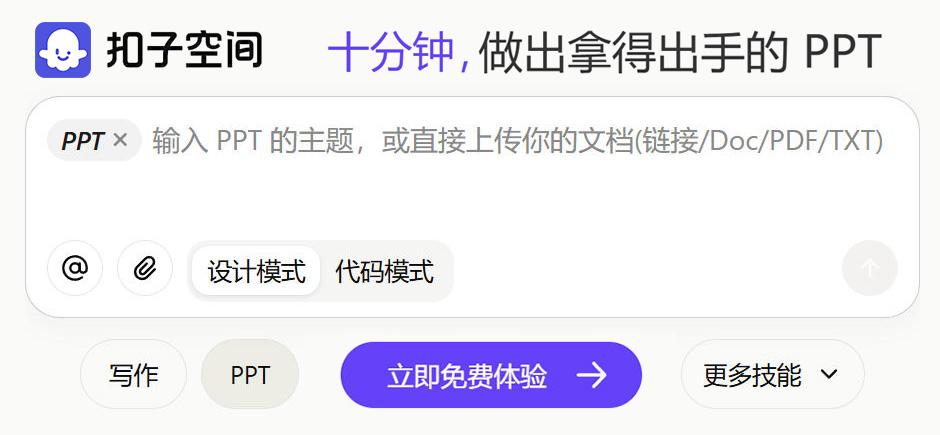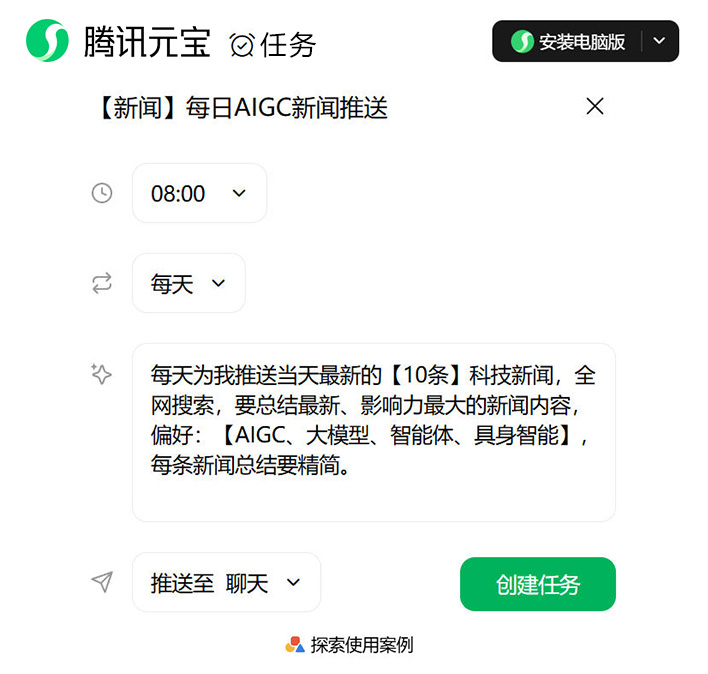In the rapidly evolving landscape of digital creatiViTy, AI has emerged as a powerful tool for musicians and composers alike. One of the most captivating applications of AI in music generation is Pipa, a system designed to create original compositions that blend traditional Chinese instruments with modern technological innovation. This article explores the concept of Pipa, its underlying technology, and how users can leverage it to generate compelling music in a professional and creative manner.
Pipa represents a groundbreaking integration of artificial intelligence with music creation. At its core, Pipa uses advanced machine learning algorithms to analyze vast datasets of musical compositions, including traditional Chinese music, Western classical music, and contemporary electronic soundscapes. By learning from these diverse sources, Pipa can generate new musical pieces that are not only technically accurate but also deeply expressive and emotionally resonant.
The process of using Pipa begins with defining the core theme or mood of the composition. This could range from a serene melody to a vibrant, fast-paced rhythm, or even a fusion of different styles. Once the theme is established, users input specific prompt details, such as tempo, key signature, genre, and instrumentation. These parameters guide the AI in generating a composition that aligns with the desired artistic vision.
One of the most significant advantages of Pipa is its ability to generate unique and original music. Unlike traditional methods that rely on pre-written scores or repetitive patterns, Pipa’s AI continuously adapts and evolves, ensuring that each composition is fresh and innovative. This makes it an ideal tool for both professional composers and amateur musicians seeking to explore new creative possibilities.
In addition to its creative capabilities, Pipa also offers a high degree of customization. Users can fine-tune parameters such as the duration of the composition, the number of musical elements, and the intensity of the emotional tone. This flexibility allows for a wide range of applications, from producing a single track for a song or video to creating a full-length album or even a live performance.
The technical underpinnings of Pipa are rooted in deep learning and neural networks. The AI models are trained on extensive datasets, enabling them to recognize patterns and create new sounds that are both familiar and novel. This approach not only enhances the musical quality of the compositions but also ensures that the generated music maintains a high level of artistic integrity.
For users looking to experiment with AI-generated music, Pipa provides a user-friendly interface that simplifies the process. Whether you’re a seasoned musician or a novice, the system offers intuitive tools that allow you to input your creative ideas and receive a polished, professional result. The AI also supports multilingual support, making it accessible to a global audience.
As the field of AI music generation continues to expand, Pipa stands out as a reliable and innovative tool. Its ability to generate complex compositions while maintaining emotional depth is a testament to the power of artificial intelligence in the realm of music. Whether you’re aiming to create a new piece or simply explore the possibilities of AI in music, Pipa offers a creative and practical solution.
In conclusion, Pipa is not just a tool for generating music—it is a bridge between tradition and innovation. By leveraging the power of AI, users can explore new DIMensions of musical expression and push the boundaries of what is possible in the world of sound. Whether you’re a composer, a producer, or a music lover, Pipa offers a unique and valuable experience in the evolving landscape of digital music creation.








 津公网安备12011002023007号
津公网安备12011002023007号